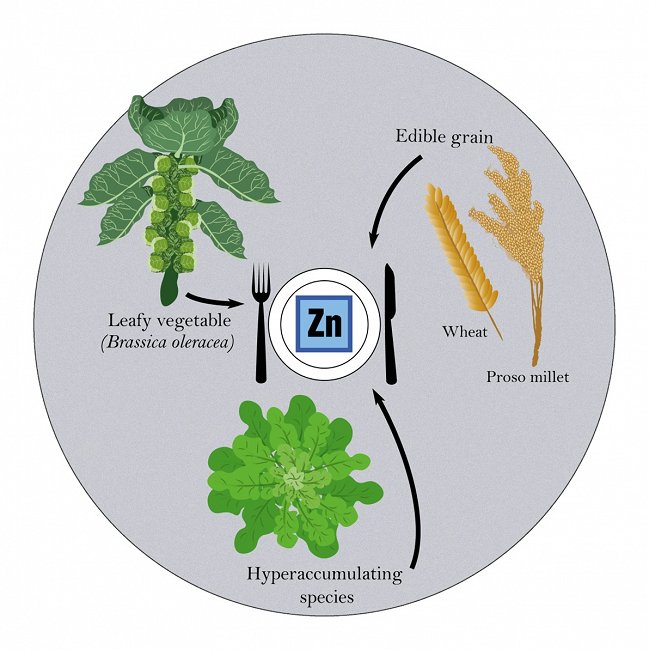Lessons from nutrient-use-efficient plants to benefit dietary mineral intake
Type of project: national project
Duration: 2021 - 2024
 Project leader: Doc. Dr Paula PongracCode: J4-3091Coworkers: Prof. Dr Iztok Arčon, Dr Mitja Kelemen, Prof. Dr Primož Pelicon, Dr Primož VavpetičExternal coworkers: Prof. Stephan Clemens, University of Bayreuth, Germany, Prof. Philip J. White, James Hutton Institute, UK, Dr Sina Fischer, University of Nottingham, UKPartners: University of Ljubljana,
Jožef Stefan Institute,
National Institute of Chemistry
Infrastructure: MIC - Microanalytical Centre
Project leader: Doc. Dr Paula PongracCode: J4-3091Coworkers: Prof. Dr Iztok Arčon, Dr Mitja Kelemen, Prof. Dr Primož Pelicon, Dr Primož VavpetičExternal coworkers: Prof. Stephan Clemens, University of Bayreuth, Germany, Prof. Philip J. White, James Hutton Institute, UK, Dr Sina Fischer, University of Nottingham, UKPartners: University of Ljubljana,
Jožef Stefan Institute,
National Institute of Chemistry
Infrastructure: MIC - Microanalytical Centre Among the important essential elements for humans is zinc (Zn) which is required for nearly all processes within our body. Too little Zn therefore affects many systems negatively. Insufficient Zn nutrition increases susceptibility to infections and decreases productivity, with prolonged Zn deficiency causing severe growth defects and impaired brain function. Substantial progress has been made in increasing concentrations of Zn in edible plant tissues. The process is called biofortification. The increase in density of bioavailable Zn in a crop can be achieved through plant breeding, transgenic techniques, or agronomic practices. To further advance biofortification strategies, in-depth understanding of the network of factors influencing Zn hyperaccumulation (extraordinary ability to accumulate concentrations of Zn considered toxic for majority of plants) and Zn homeostasis in leafy and grain crops is required. The main goal of the project je to correlate quantitative information on the tissue-specific distribution of Zn and intrinsic gene expression network in a Zn hyperaccumulating model plant (Arabidopsis halleri), a leafy crop species (Brassica oleracea) and two staple grain crops, namely proso millet and selected wheat species. The proposed project builds on several recent publications and preliminary results of the project team which aims to complement the information on gene network in selected species with tissue-specific Zn allocation determined using micro-PIXE. Comprising four work packages and twelve tasks the project will engage an interdisciplinary team comprising national and international experts in their respective fields, to deliver knowledge required by plant biologists, agronomists, food technologists, nutritionists, and quality control officials for the development of more nutritious food product.
